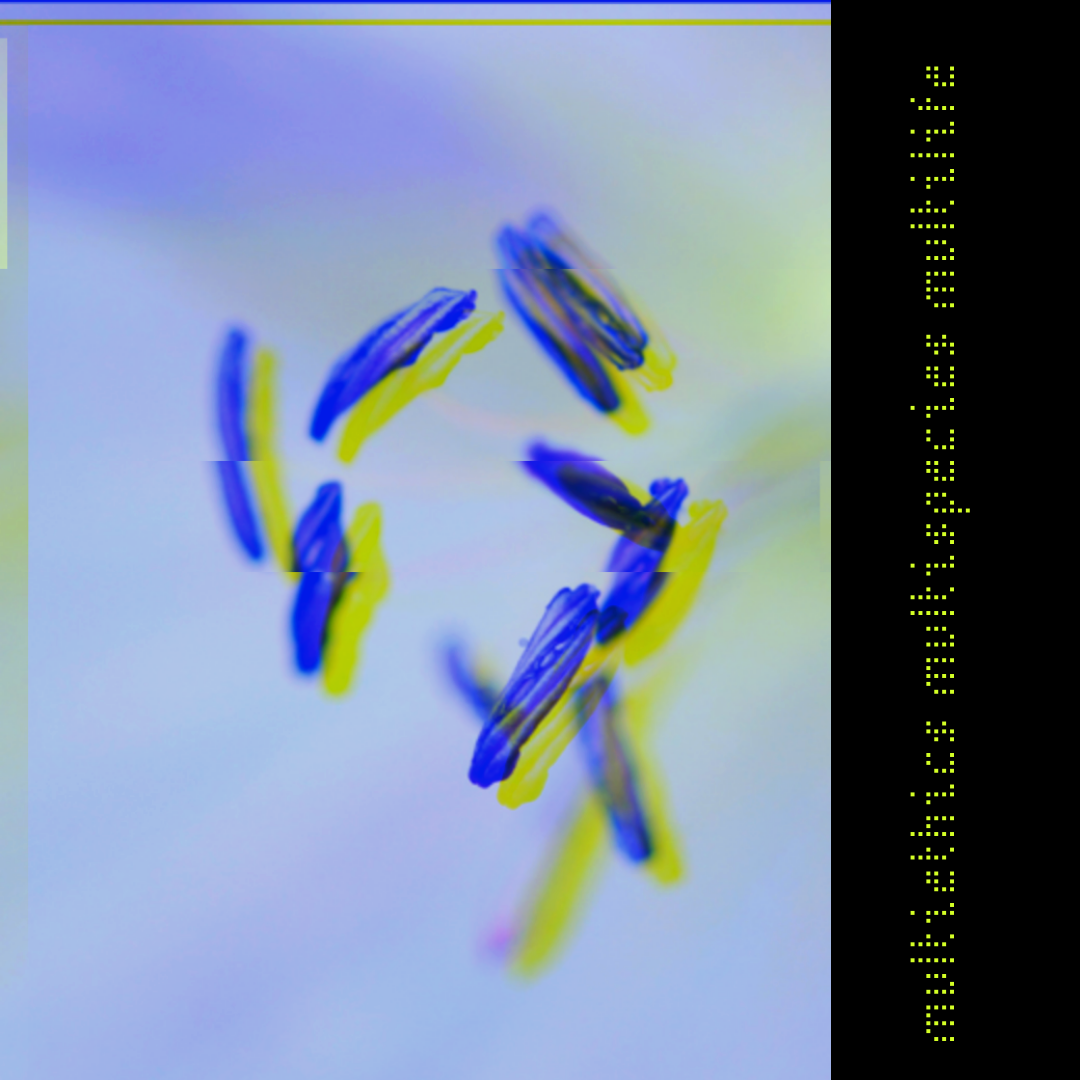
KateLynn Hibbard
It is early March in Minnesota and we are anxiously awaiting the melting of a long winter's worth of snow and ice. I am recovering from hip surgery, a result of falling on said ice, and contemplating my mortality. Until now, I have sailed through most of my 66 years without too many medical interventions, but my number came up, and what can you do but be thankful for all the humans who come to your rescue during hard times.
Mortality has emerged as a major theme in Unblossoming, my current collection of poems in progress. The title poem arose from an entry in Maria Popova's blog "The Marginalian," where she tells the story of a photographer who buys up all the cut flowers she can before the pandemic shutdown in order to observe and photograph their death. But aren't they already dead once they're cut? Do they get deader as they wilt? When does death happen to them? To us?
Think about death long enough and you are bound to think about the deaths of loved ones. The book is in some ways a meditation on my mother, my relationship to her and to her death, which happened thirteen years ago but apparently I haven't finished processing yet, and maybe never will.
As I considered the idea of unblossoming, the opposite concept, blossoming, came to the fore. As a daughter, I am a blossom of my mother. As I wait for spring, I wait for blossoms of all kinds, the tulips I planted haphazardly along my sidewalk, the spider wort and coreopsis and butterfly weed and calendula and blazing star and aster that will eventually populate the native prairie gardens my spouse planted a dozen years ago, the non-native irises and lilies that we put in before the promise of the prairie came through.
In the dead of winter this year, I started collecting blossoms – not the floral kind, but poetic ones, lines from other poets' work that contain the word "blossom" – and arranged them into the poem that appears in Plant-Human Quarterly in the form of a cento. My hope was to create a poem that blossoms, itself, through the way that I have shaped and crafted these lines.
Artist Statement: Talking & Listening to Plants
KateLynn Hibbard’s books are Sleeping Upside Down, Sweet Weight, and Simples, winner of the 2018 Howling Bird Press Poetry Prize. Her poems have appeared in Barrow Street, Ars Medica, Nimrod, and Prairie Schooner. Editor of When We Become Weavers: Queer Female Poets on the Midwest Experience, she teaches at Minneapolis College and lives with many pets and her spouse Jan in Saint Paul, Minnesota. For more information, please go to katelynnhibbard.com

